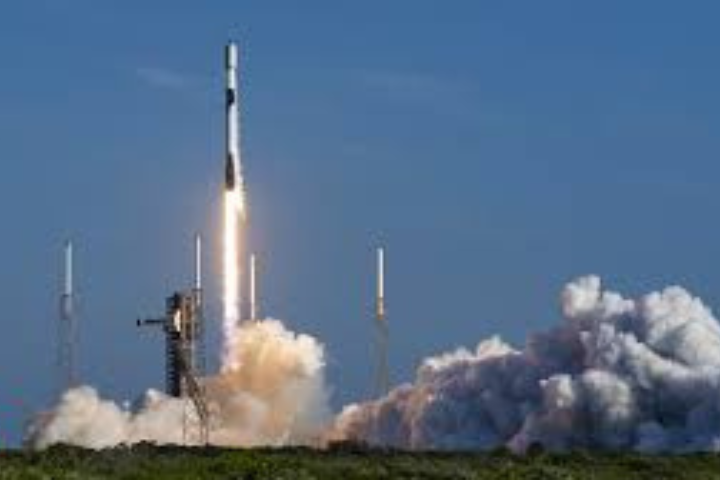In the aftermath of Hurricane Helene, Elon Musk’s Starlink satellite internet service is playing a pivotal role in restoring connectivity to southern Appalachia, a region left devastated by the storm. With many communities still isolated from basic communication networks, Starlink has stepped in as a critical lifeline. However, its deployment has also stirred political debate.
Starlink’s Role in Recovery Efforts
To aid the recovery, the Biden administration has coordinated the deployment of dozens of ground-based Starlink devices to remote areas.
SpaceX, the company behind Starlink, announced that approximately 500 kits are being sent by private individuals and organisations to aid efforts, with Musk waiving costs in affected regions.
Despite this, political tensions surfaced when former President Donald Trump claimed he had personally asked Musk to send Starlink terminals to North Carolina.
Musk confirmed the interaction, creating a narrative that raised questions about political motives behind the service’s deployment.
Political Fallout and Previous Controversies
The situation has echoes of previous instances where Musk and his companies were embroiled in political controversies.
In 2022, Musk was criticised for limiting Starlink access to Ukrainian forces during Russia’s invasion, citing potential conflict escalation.
Critics now worry that Musk’s personal interests could influence vital services like Starlink, potentially undermining government efforts in disaster relief or international conflicts.
The ties between Musk’s companies and the U.S. government remain a subject of debate as the space industry continues to be privatised.
The presence of Starlink in disaster-hit Appalachia remains invaluable, but the political dynamics surrounding its deployment may complicate the recovery process for both the federal government and local communities.




GIPHY App Key not set. Please check settings